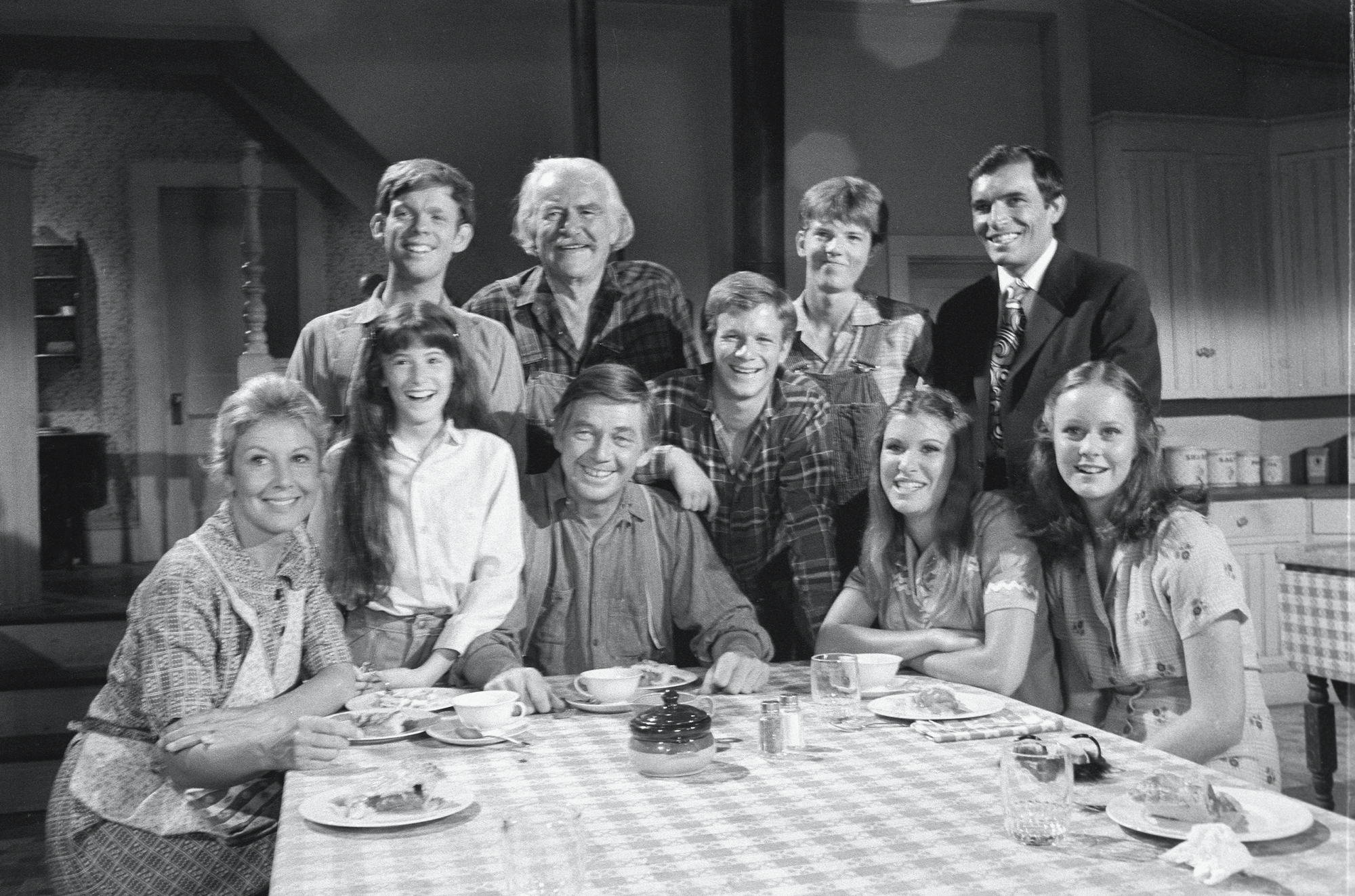‘The Waltons’: Congress Was the Reason the Show Was Created
When you think of politics mixing with television, what’s likely to come to mind is a political drama like Shonda Rhimes’ Scandal or the twists and turns of House of Cards. As far as the actual interaction between the legislative body of the United States government and the creators of television programming, things like the censorship battle over George Carlin’s comedic sketches might be the first thing many viewers remember.
What probably wouldn’t be high on the list is a family-friendly TV show like The Waltons, but it turns out that the United States Congress has a direct link to the wholesome show’s creation.

‘The Waltons’ was a popular 1970s series
There have been plenty of family-friendly shows over the years, but it’s hard to beat the wholesome nature of The Waltons when it comes to sending forward a message of togetherness. Told through the eyes of John-Boy, the eldest son of a large family, The Waltons premiered in 1972. It was set in the Great Depression era, and it told the tale of a down-on-their-luck family scraping together a meager living at a sawmill.
During its nine-season run, the series sees the family through a host of situations including financial struggles, World War II, marriages, deaths, and the protagonist John-Boy going off to college to fulfill his dreams of becoming a writer. The show was shot with many scenes of the family gathering together around the dinner table and had an iconic scene of the large family of siblings wishing each other good night as the house darkened. Overall, it gave audiences a sense of comfort and love.
Television was under political fire in the 1970s
In the early 1970s, America was in a state of political unrest and heavily involved in the Vietnam War. The charged atmosphere was definitely having an impact on pop culture, with even seemingly innocuous acts taking up messages about the politics of the day. In this environment, Congress took it upon themselves to question the morality of television. The rise in shows focused on slick urban settings and illicit behavior had lawmakers wondering whether the entertainment landscape was good for the American people.
On top of that, the early 1970s saw a “rural purge” from the network CBS, and its decision to give the ax to television shows focused on rural settings and the people who inhabited them had a ripple effect that some still see at work in today’s preference for urban storytelling. Series like Green Acres and The Beverly Hillbillies gave way to The Bob Newhart Show and Carol Burnett. The face of entertainment was changing and so too was the spirit of the country as a whole, and Congress wasn’t sure they liked what they saw.
‘The Waltons’ was intended to appease Congress
CBS felt the pressure from Congress when it came to their slick urban lineup. They gave The Waltons a chance in the hopes that it would keep Congress off their back. In fact, as LA Times reports, they didn’t expect the show to be successful. Kami Cotler, who played little sister Elizabeth on the series, recounted the rumors she heard about the show’s beginnings: “The rumor was that they put it against ‘Flip Wilson’ and ‘The Mod Squad’ because they didn’t think it would survive. They thought, ‘We can just tell Congress America doesn’t want to see this.'”
If that was the plan, it definitely didn’t work. It turned out that America had a serious taste for the wholesome family goodness dished out by the Waltons and their tendency to come together to face the odds. Rather than quickly get canceled as network executives allegedly expected, the series became immensely popular and ran until 1981.


